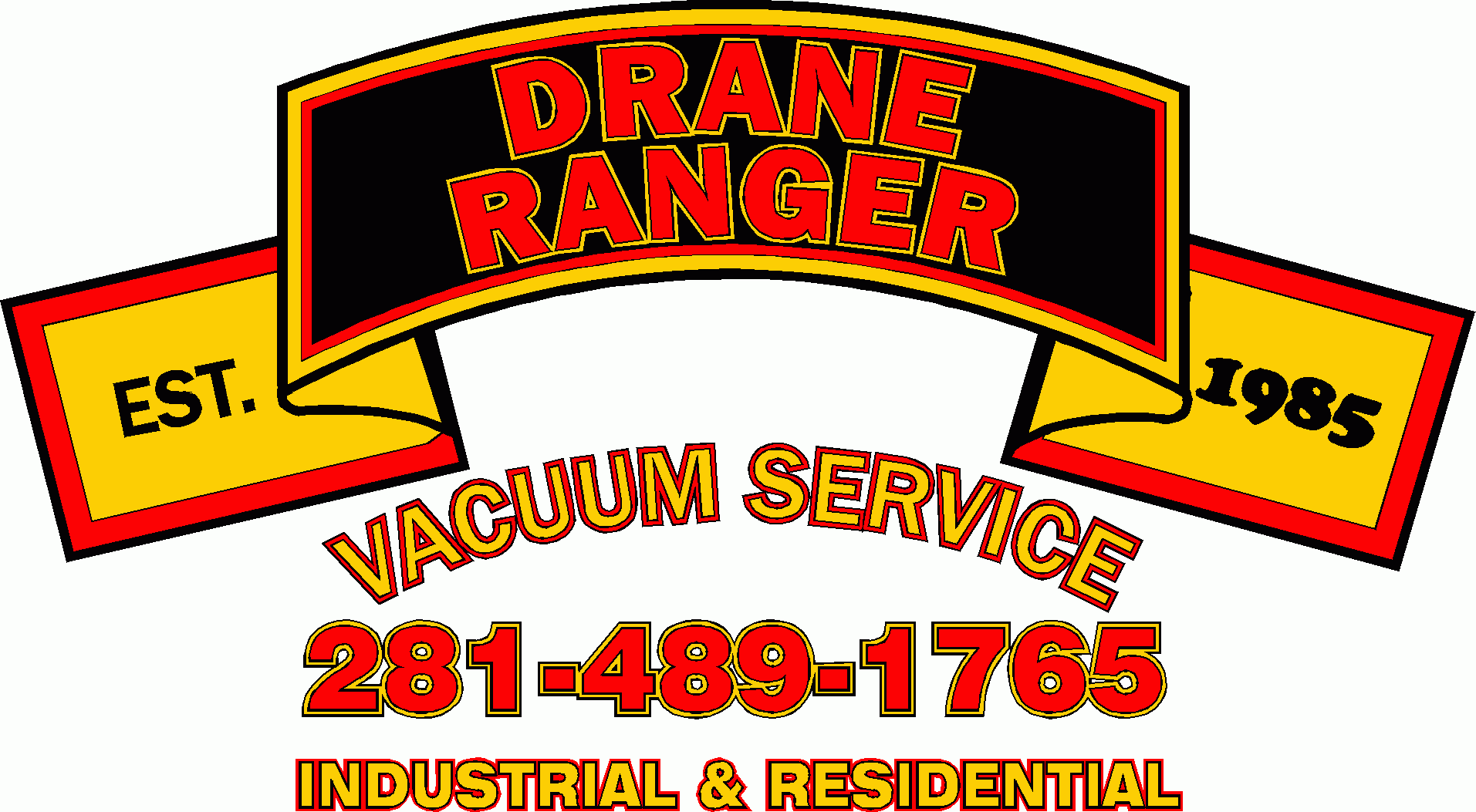Do you own a wastewater lift station in Houston? Then you may need to get an inspection. Here are a few common signs that suggest your lift station needs some professional attention, and what to do if you notice a problem.
1. The High-Level Alarm Goes Off
Some entries in this list will point to signs that could point to your wastewater system or something else. When it comes to your high-level alarm going off, however, that is a sure sign that your wastewater lift station in Houston needs professional assistance. This alarm is specifically designed to give you a warning that your wastewater station is close to overflowing. If you get this alarm, do not wait around. Contact a professional wastewater lift station right here at Drane Ranger. We can send someone along for an inspection right away to assess the issue and prevent further problems.
2. You Notice Slow Drainage
Has your drainage noticeably slowed down? That could be linked to your wastewater lift station. In fact, many homes that experience a drop in drainage speeds can trace the problem directly back to their wastewater lift station. If you have drainage issues and your pipes are clear, then the problem may be your lift station. Be sure to contact a professional to come and take a look.
3. Increased Sewer and Water Backups
Have you noticed that your sewage and plumbing systems have been backing up a lot recently? If so, then you may need to call the professionals to check out your wastewater lift station in Houston. A noticeable increase in things backing up, or back-ups that happen with any amount of regular frequency, may be a sign that your lift station needs some professional attention. In these cases, you may also need to call in a plumber, but a wastewater professional can help advise you on next steps after they inspect your lift station.
4. There’s a Strong Odor
Easily, one of the most noticeable signs that your wastewater lift station in Houston is in need of professional attention is a smell. We unfortunately all know the smell of sewage, and, if you catch a whiff of it, then you will likely need to get a professional to check out your lift station and anything else that is related. The good news is that a bad smell doesn’t necessarily mean that your station is broken. It may just need some quick maintenance to help it get working again.
Drane Ranger is dedicated to helping the people of Houston and surrounding areas with all of their wastewater lift station needs. Whether your lift station has been causing problems or you just need a regular inspection, our team of professionals are here to help. When it comes to lift stations, it never pays to wait or leave it without regular inspections. In fact, getting your wastewater lift station in Houston checked regularly can help you save money in the long run. And our team of professionals can help.
